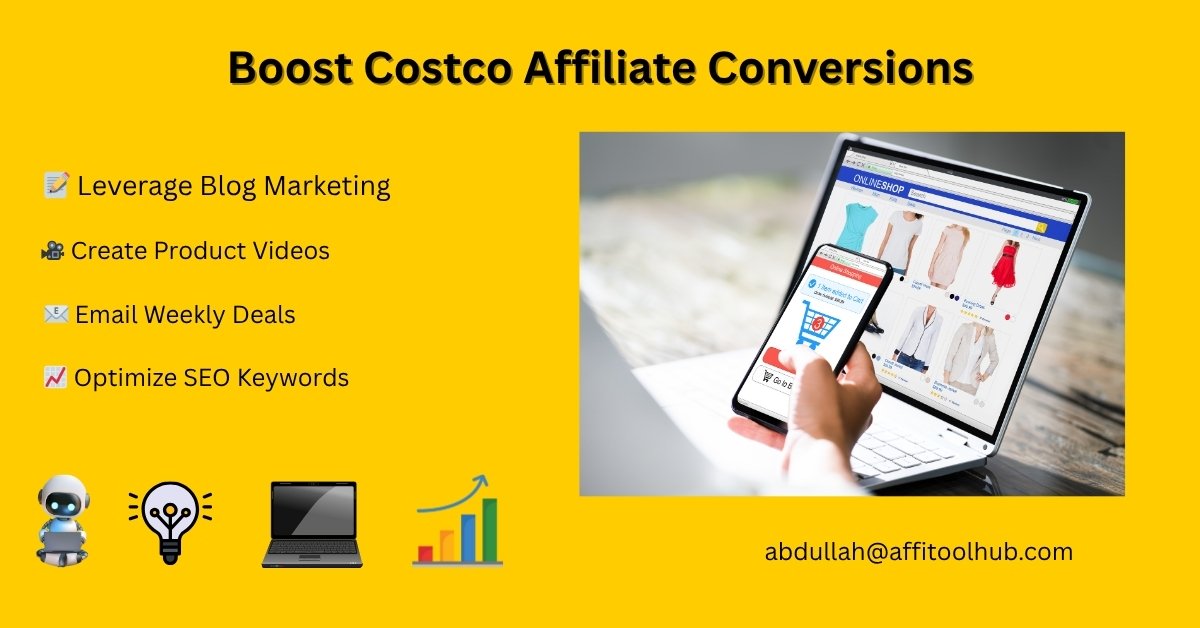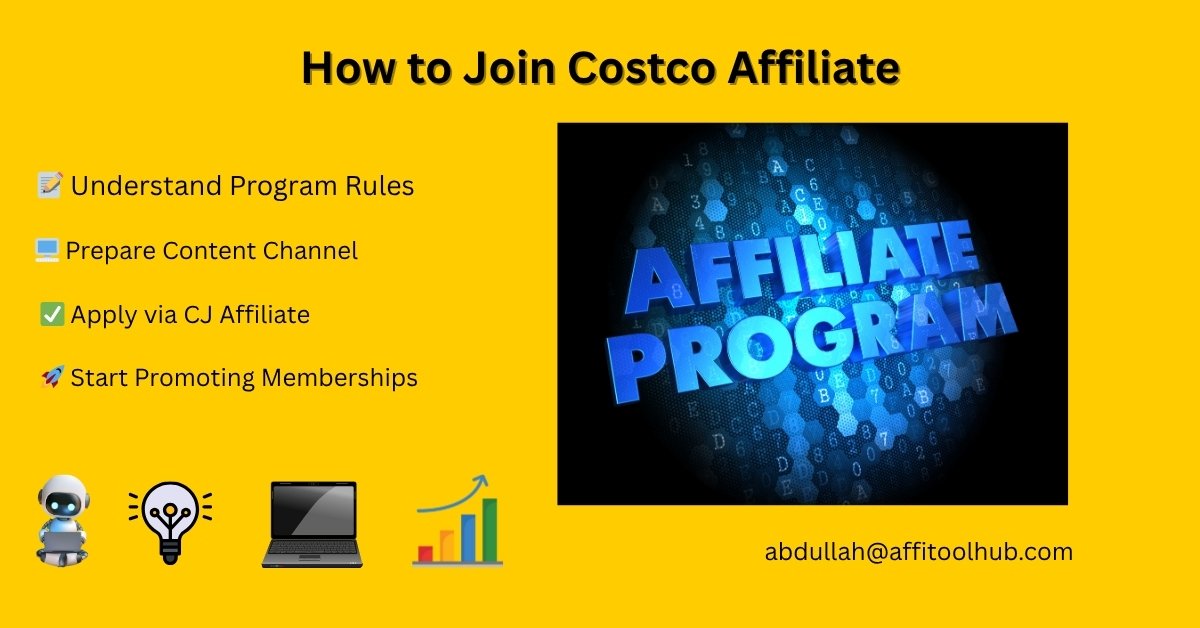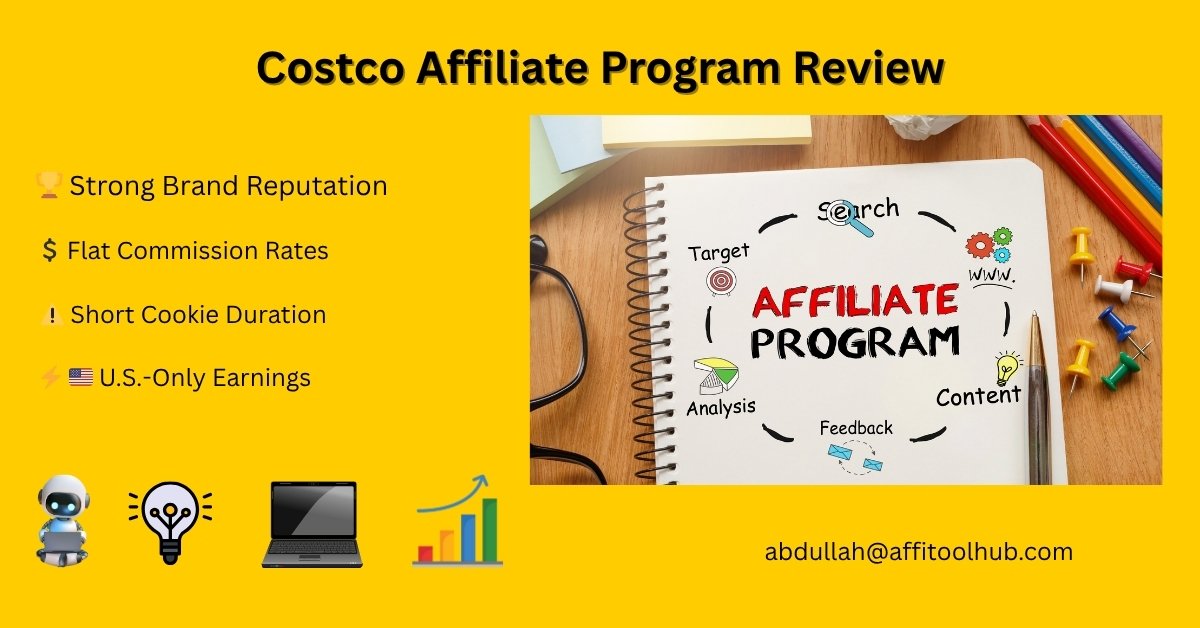If you’ve been doing affiliate marketing for a while, you know that pushing tools in one field is just the start. The real growth starts when you realize that your audience doesn’t live in a bubble. They utilize items from many different businesses, and they all have the same aspirations. That’s when examples from related industries become quite useful.
Affiliate marketers can identify profitable opportunities, develop more intelligent content funnels, and provide a more comprehensive value proposition to their audience by comprehending the real-world connections between various industries. This post will look at ten real-world affiliate industry pairings that are helping affiliate marketing work today. We’ll also show you how to find similar cross-industry chances in your own plan.
If you’re unfamiliar with the concept of affiliated industries or how they support affiliate marketing ecosystems, we recommend reading our complete guide on affiliated industries before diving into the examples below.
What Makes Industries ‘Affiliated’ in Affiliate Marketing?
Before we look at the pairings, it’s crucial to know what links two businesses in the affiliate sector. Affiliated industries aren’t just random groups of businesses that work together; they’re groups of businesses that:
- Serve a shared audience
- Offer complementary value
- Enable cross-selling or upselling naturally
- Can integrate or support each other operationally
For instance, someone who buys an online course about freelancing would also need tools for managing projects, payment gateways, portfolio builders, or even apps for mental health. These items are from different businesses, but they help the same person with similar difficulties.
That’s why they are affiliated not by definition, but by purpose.
Top 10 Affiliated Industry Examples Driving Affiliate Marketing
Let’s look at ten strong examples of how different industries can work together to make great affiliate possibilities. Affiliate marketers may learn from each of affiliated industry examples and use them in real life.
1. SaaS + Digital Marketing
This is one of the most active and profitable pairs of businesses from different fields. Digital marketers are the primary users of software-as-a-service (SaaS) technologies such as email marketing, analytics, automation, and CRM.
HubSpot, a CRM platform, works with products like Canva for content creation, Semrush for SEO analysis, and Zapier for workflow automation. This is a great example. Although these tools are not from the same vertical, marketers require all of them to effectively execute campaigns.
As an affiliate, publishing material that compares or stacks these tools together helps readers who are really interested in them and gives you several ways to make money.
2. Finance + Online Education
As fintech has grown, there has been a growing need for information about budgeting, investing, and managing personal finances. Platforms such as NerdWallet and The Motley Fool do more than just offer financial products; they also create material that educates consumers on how to make better financial decisions.
This is where online education becomes a related field. Promoting courses from platforms such as Skillshare, Coursera, or Udemy, particularly in finance, cryptocurrency, or trading, makes perfect sense if your target audience is already looking into financial tools or apps.
It’s a value chain that works perfectly: Affiliate items support Learn, Apply, and Invest.
3. Health + Fitness Tech
It’s not only about vitamins and training gear anymore when it comes to health and fitness. It has become an ecosystem that runs on data, wearables, mobile apps, and tracking behavior.
For example, look at MyFitnessPal. It’s an app that helps people keep track of their exercises and food. But it often pushes smart scales, fitness bands, and even meditation platforms, which are all from various fields like IT, health, and lifestyle.
Fitness bloggers and YouTubers can work with a lot of different brands in these areas to make reviews or bundles that focus on overall health.
4. eCommerce + Influencer Tools
As e-commerce grows through platforms like Shopify, there is an increasing demand for creators to monetize their influence. This makes tools for influencers, like link-in-bio builders, affiliate tracking dashboards, and email outreach platforms, come into play.
Let’s imagine you want to reach people who just opened a Shopify store. Promoting technologies such as Linktree, BuzzSumo, or Later (for content scheduling) alongside e-commerce courses or apps allows you to connect two rapidly growing markets: sellers and influencers.
The affiliate potential here is enormous because both audiences rely on visibility and conversion.
5. Remote Work + Productivity Platforms
After 2020, remote work took off, and with it came a need for solutions that let people work together even when they’re not in the same place. Trello, ClickUp, Slack, Notion, and virtual office platforms are just a few of the many affiliate-friendly products available in the ecosystem.
This group also needs physical things like webcams, ergonomic seats, or even subscriptions to coworking spaces. Affiliate marketers that write about remote work or freelance life can easily incorporate recommendations from both the software and hardware sides.
Emphasizing the everyday problems faced by remote workers and integrating solutions from many industries is crucial.
6. Travel + Insurance Providers
There have always been a lot of affiliates in travel blogging, but the growth of travel insurance and international service platforms like World Nomads, SafetyWing, and Revolut has made it possible for people from other industries to work together.
You may promote vacation booking sites, gear, VPNs, mobile bank accounts, and insurance providers all in one blog article or video. These fields work well together because they serve the same people at various points in their journey.
7. Content Creators + Subscription Services
Content creators, especially YouTubers and newsletter writers, often work with tools that help them make money on a regular basis or get people involved in their communities. That’s where sites like Patreon, ConvertKit, and Ko-fi come in.
You can offer membership systems, merchandise services, and fan engagement software even if your major audience is interested in content development tools. Even though these services are in diverse fields (email marketing, eCommerce, and fan fundraising), they all support the creator economy.
8. Design Tools + Freelance Marketplaces
A lot of graphic designers who use Figma, Canva, or Adobe XD also work as freelancers on sites like Upwork, Fiverr, or Toptal. There is a natural synergy amongst affiliates here.
If you want to reach designers, you can evaluate tools, offer templates, promote employment platforms, or even training programs, all while staying in a larger ecosystem that includes several businesses.
This combination is extremely useful for putting up product bundles or specialty starter kits.
9. Online Courses + Hardware Providers
People who learn online often need more than just software. For instance, an individual enrolling in a photography course may require a DSLR, illumination equipment, or editing software.
Affiliate marketers can promote course platforms like Teachable, Thinkific, or Kajabi and link them to Amazon or niche hardware manufacturers.
If you do it right, this mix of digital learning and physical goods makes a funnel that converts very well.
10. Legal Services + Business Formation Platforms
Legal instruments and business formation services are commonly bought together by people who are launching their own firms. Software for advertising like LegalZoom, Incfile, or Northwest Registered Agent can work with bookkeeping software, services for getting an EIN, and business bank accounts.
This is a strong play for affiliate marketers targeting small business owners or startup founders who need all of these services in their first 90 days.
What These Examples Teach Us About Affiliate Strategy
These combinations of industries indicate that the best affiliate strategies generally involve more than one type of business. Instead of asking, “What product should I promote?” you should ask, “What else does my audience need to be successful?”
That’s when related industries really shine.
By creating content that touches on numerous stages of a user’s journey, from research and tools to execution and support, affiliate marketers may raise trust, increase conversions, and generate recurring money from different sources.
If you haven’t already, check out our comprehensive guide to affiliated industries to learn more about how this model works in affiliate marketing and how to arrange your site around it.
Conclusion
It’s not just about sending out links when you do affiliate marketing. It’s important to know who your audience is, what problems they face, and what kinds of solutions they need in different fields.
You can find chances that your competitors might be missing by seeing how different sectors fit together. You may establish a firm that grows far beyond a single vertical if you have the correct tools, content strategy, and affiliate programs.
If you’re ready to start exploring affiliate tools that support your industry and the ones your audience overlaps with, check out our curated list of top-performing platforms at Affitoolhub.
Frequently Asked Questions
What are examples of affiliated industries in affiliate marketing?
Affiliated sectors in affiliate marketing include SaaS and digital marketing, finance and education, and health and wellness technology. These fields generally have the same customers, which lets affiliates promote a wider selection of tools and services that work well together.
How do affiliated industry examples help affiliate marketers?
Affiliate marketers can learn about cross-sector prospects where users need more than one type of solution from instances in their own business. Affiliates can make their items more relevant, get more sales, and make more money from the same audience by marketing products from similar fields.
Why is it important to understand affiliated industry relationships?
Marketers may make better content strategies that follow the customer journey by learning about related businesses. It also makes it easier to construct content funnels that suggest tools, services, or educational resources from other but related fields. This adds value for readers and gives affiliates more ways to make money.
Can I promote tools from different industries on one affiliate site?
Yes, as long as the tools are useful to your audience, having items from different businesses on the same site can make the experience better. The most important thing is to stay on topic and make it apparent how the products operate together to solve a bigger problem.
Where can I find affiliate tools for different industries?
You have the opportunity to investigate a diverse selection of affiliate tools that are applicable to a variety of industries at Affitoolhub. It helps affiliate marketers find the perfect solutions for their niche and beyond, from link tracking and outreach to niche-specific SaaS platforms.




